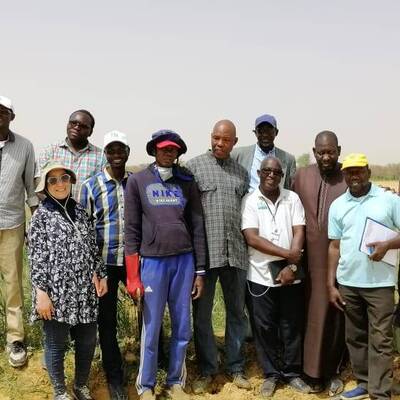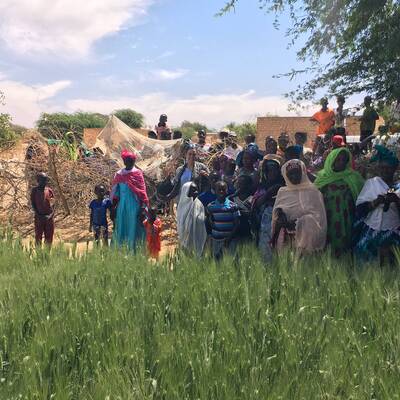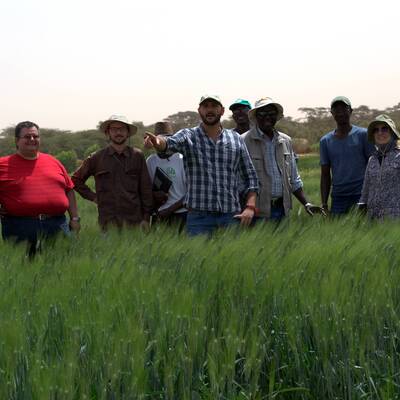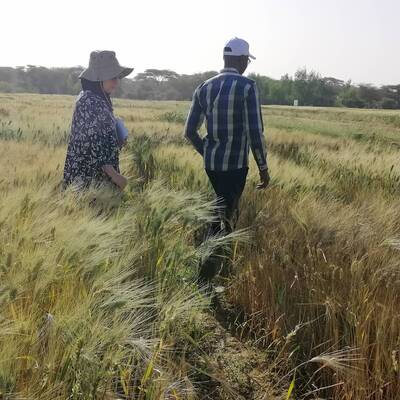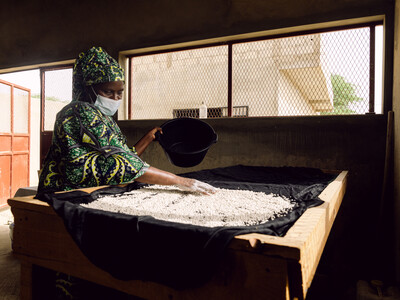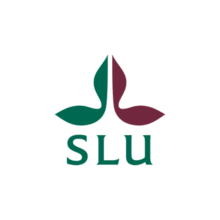In 2014, a bold scientific experiment was conducted to test how wheat fared against West Africa’s relentless heat. Ten years later, the collaboration has delivered heat-tolerant varieties, empowered thousands of farmers, and transformed agriculture along the Senegal River, inspiring new policies, global recognition, and a wheat revolution across the region.



